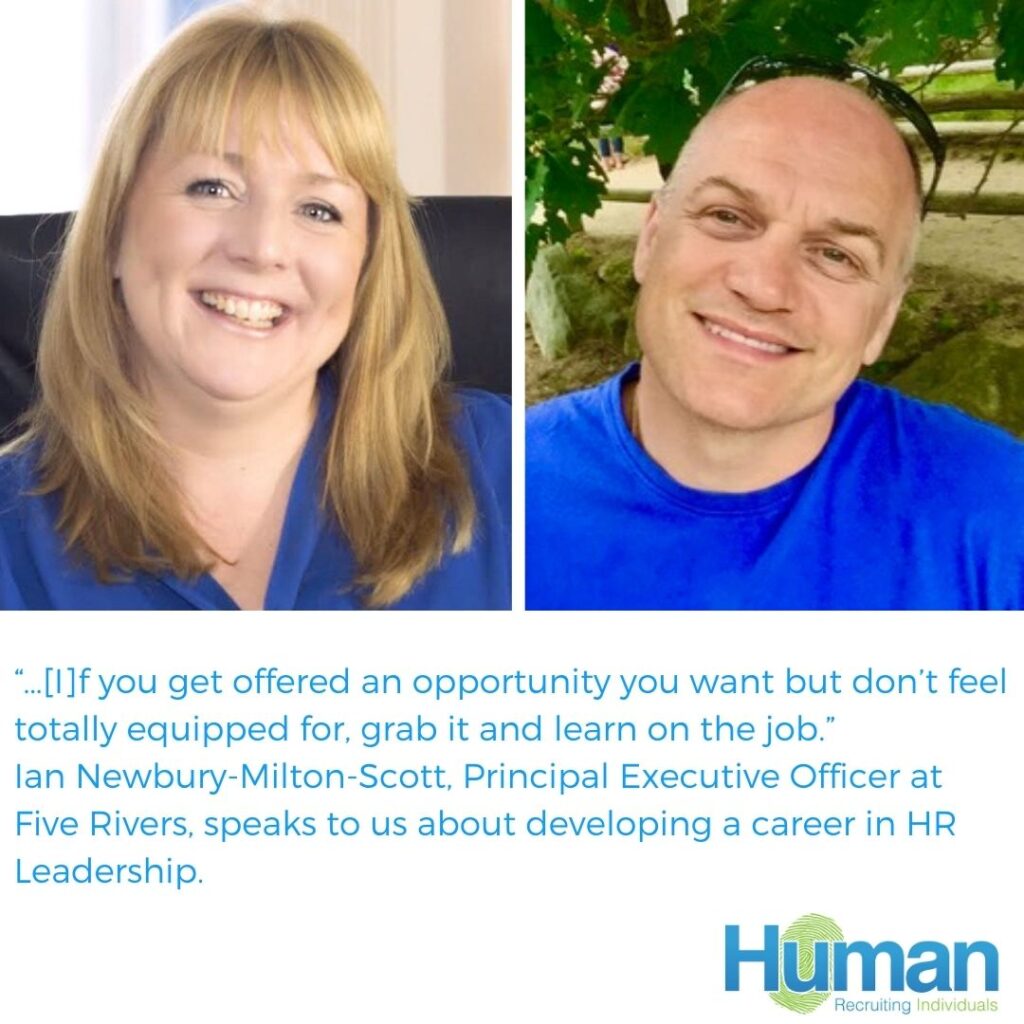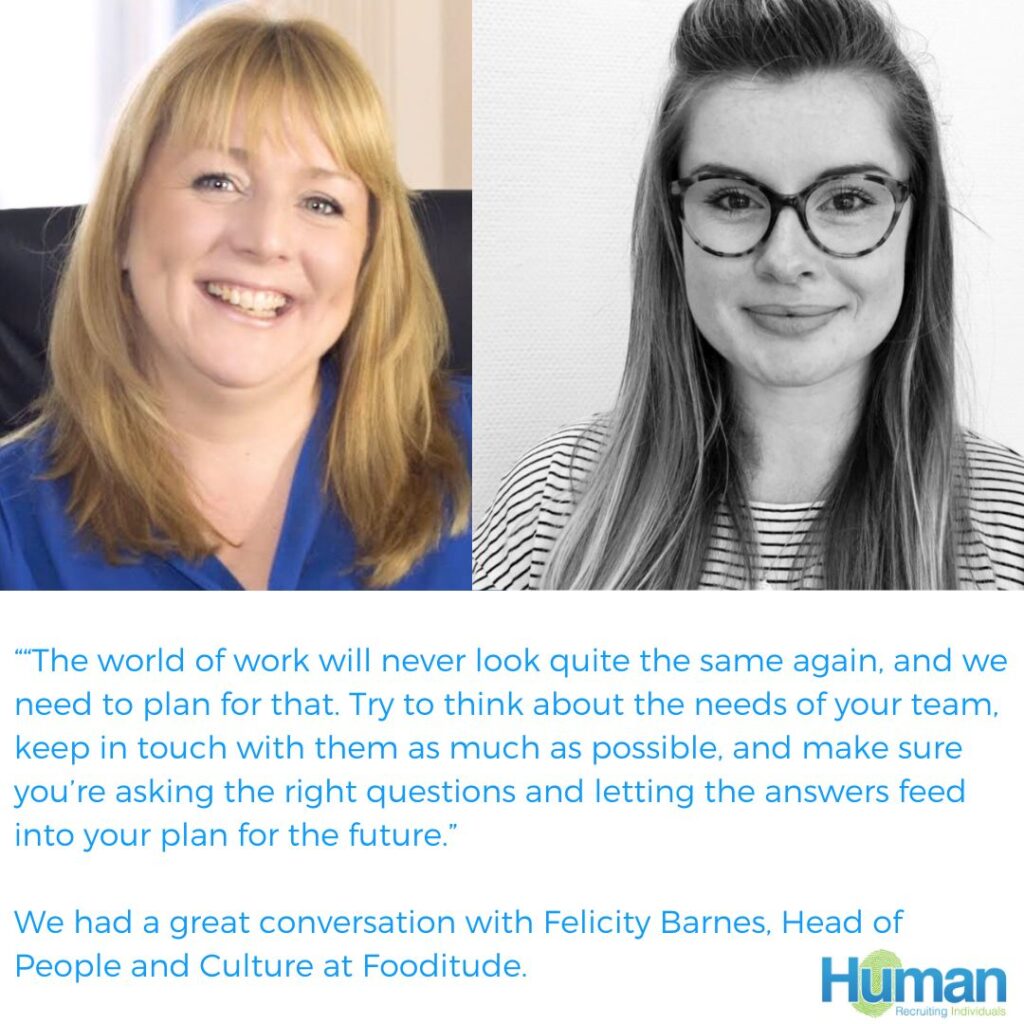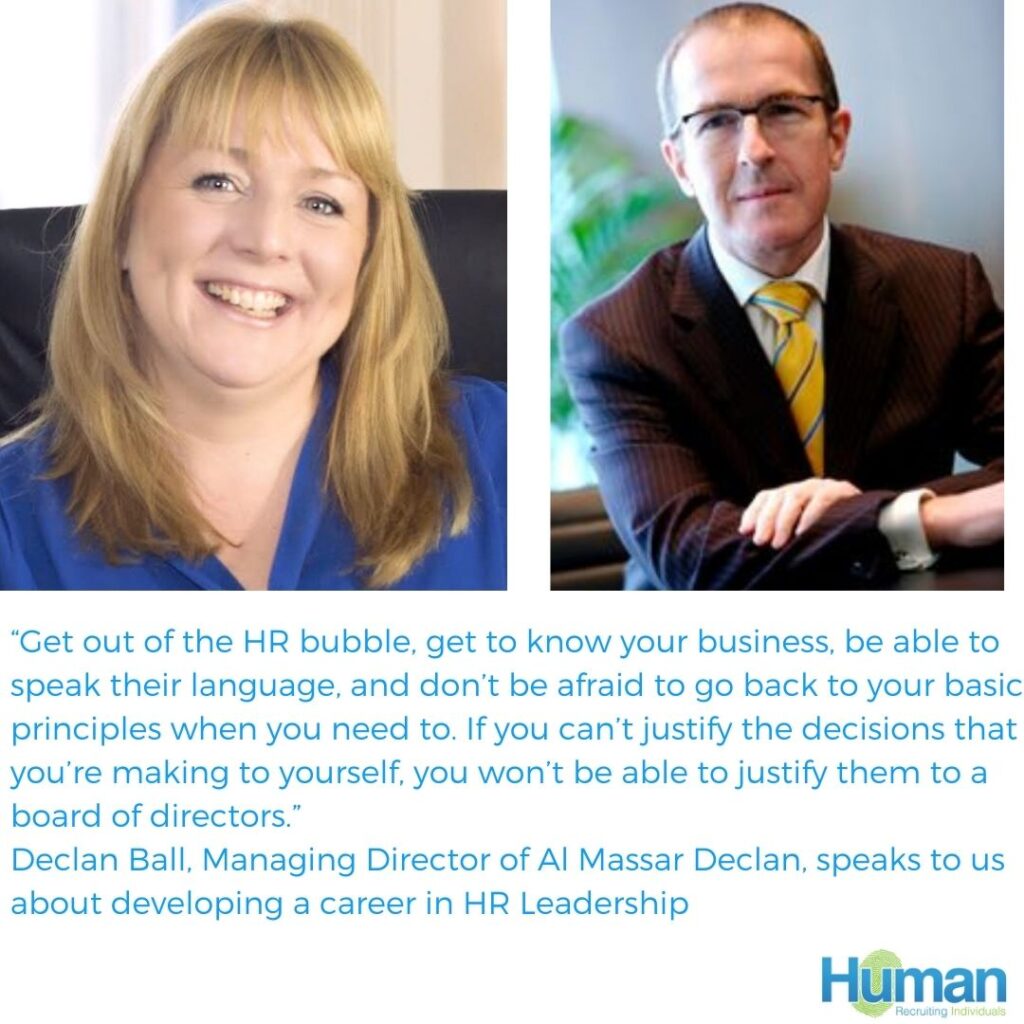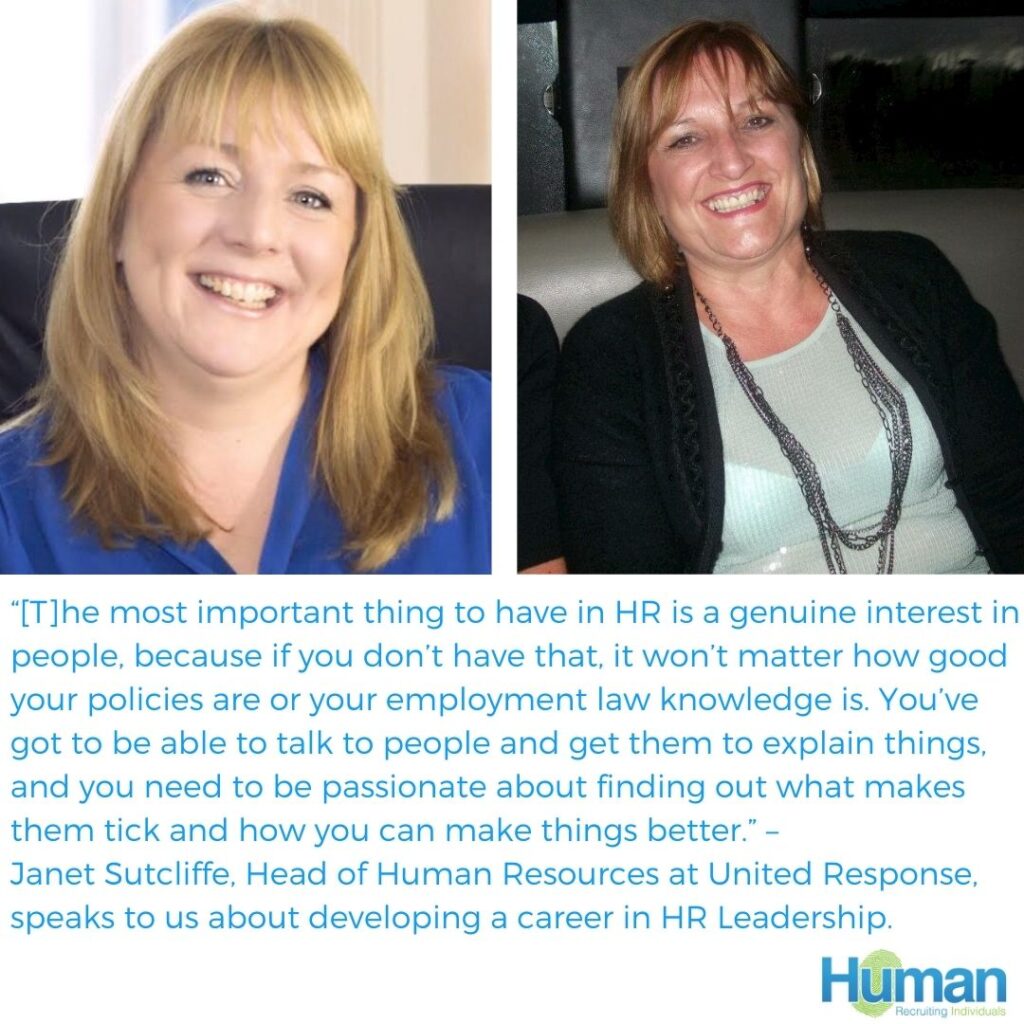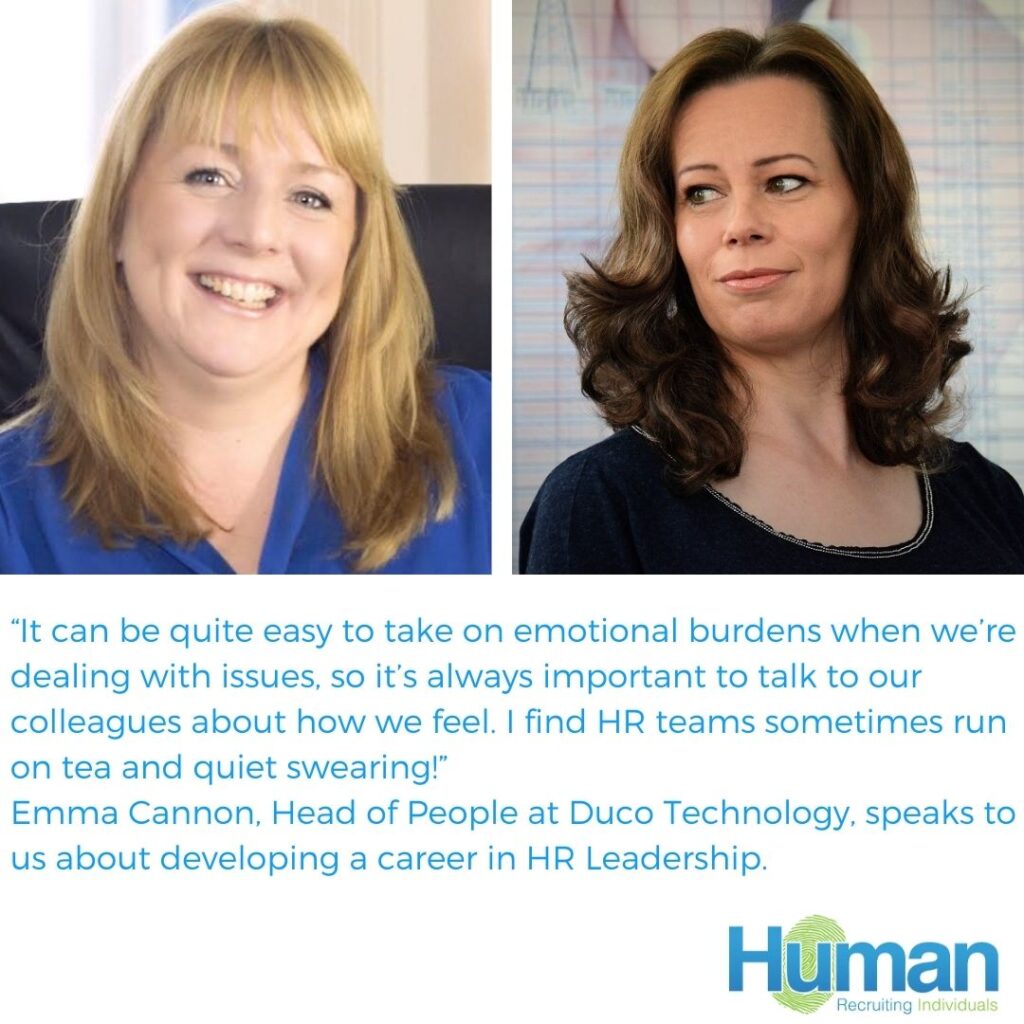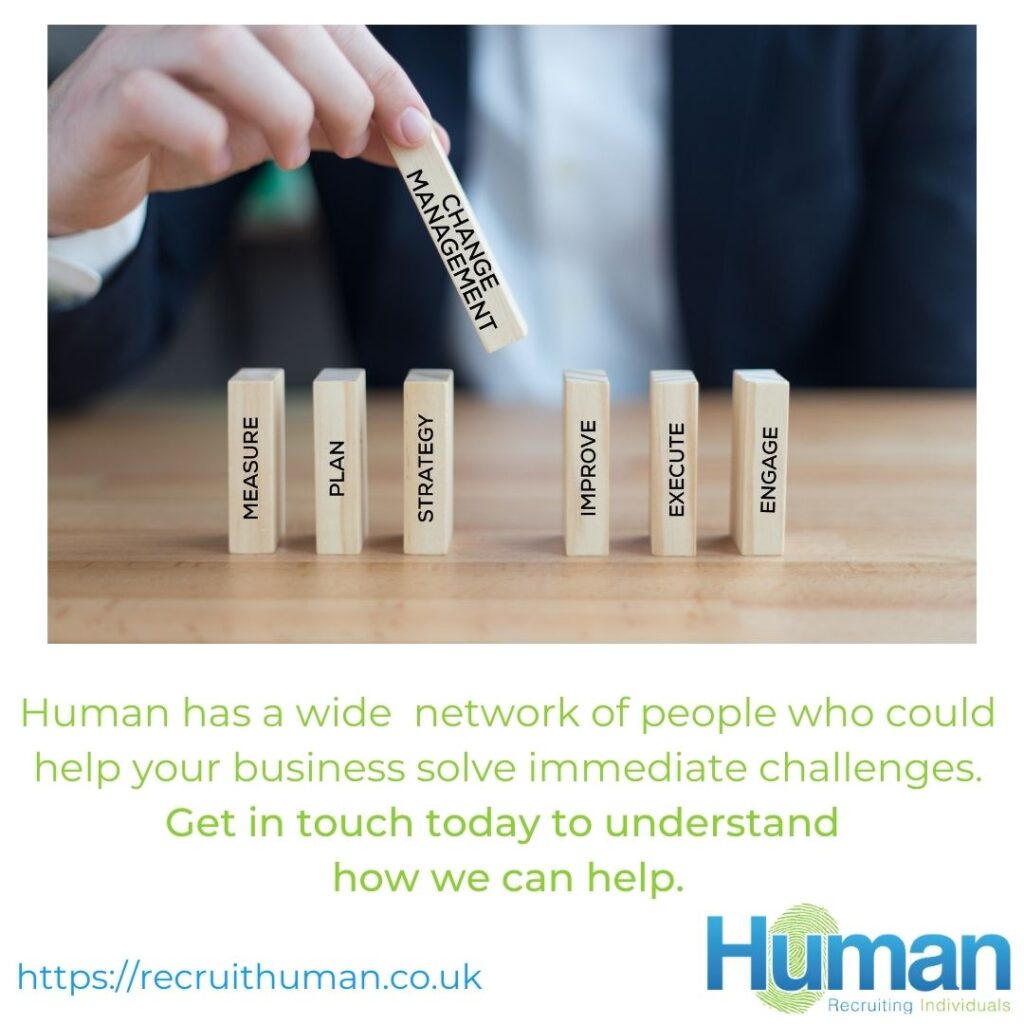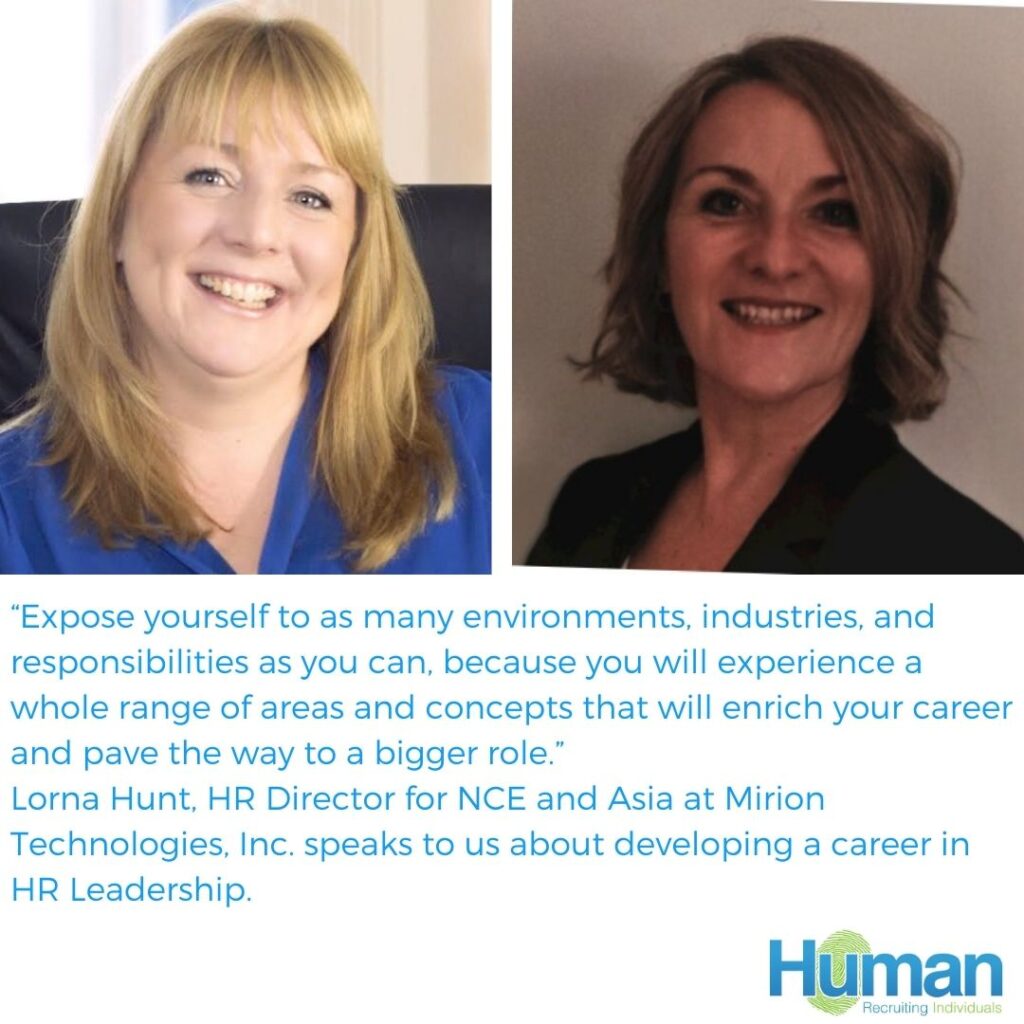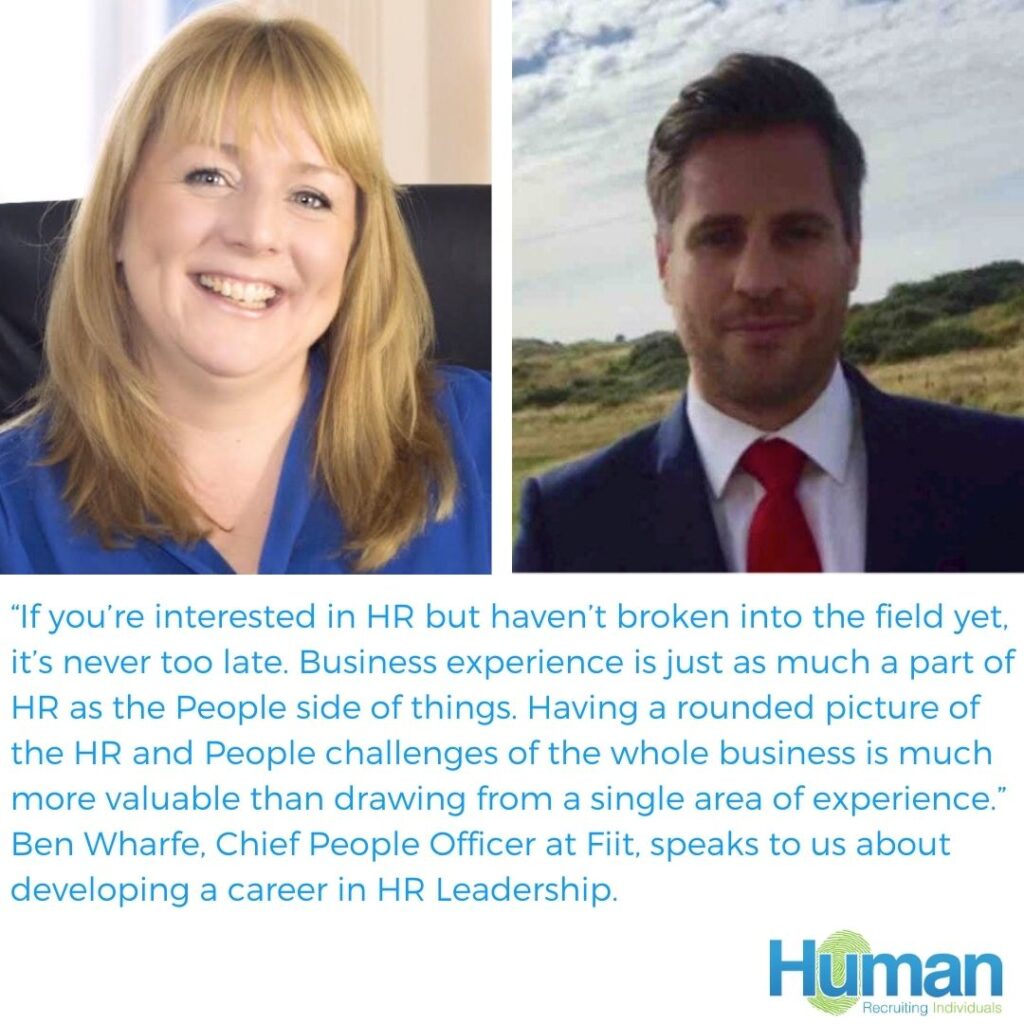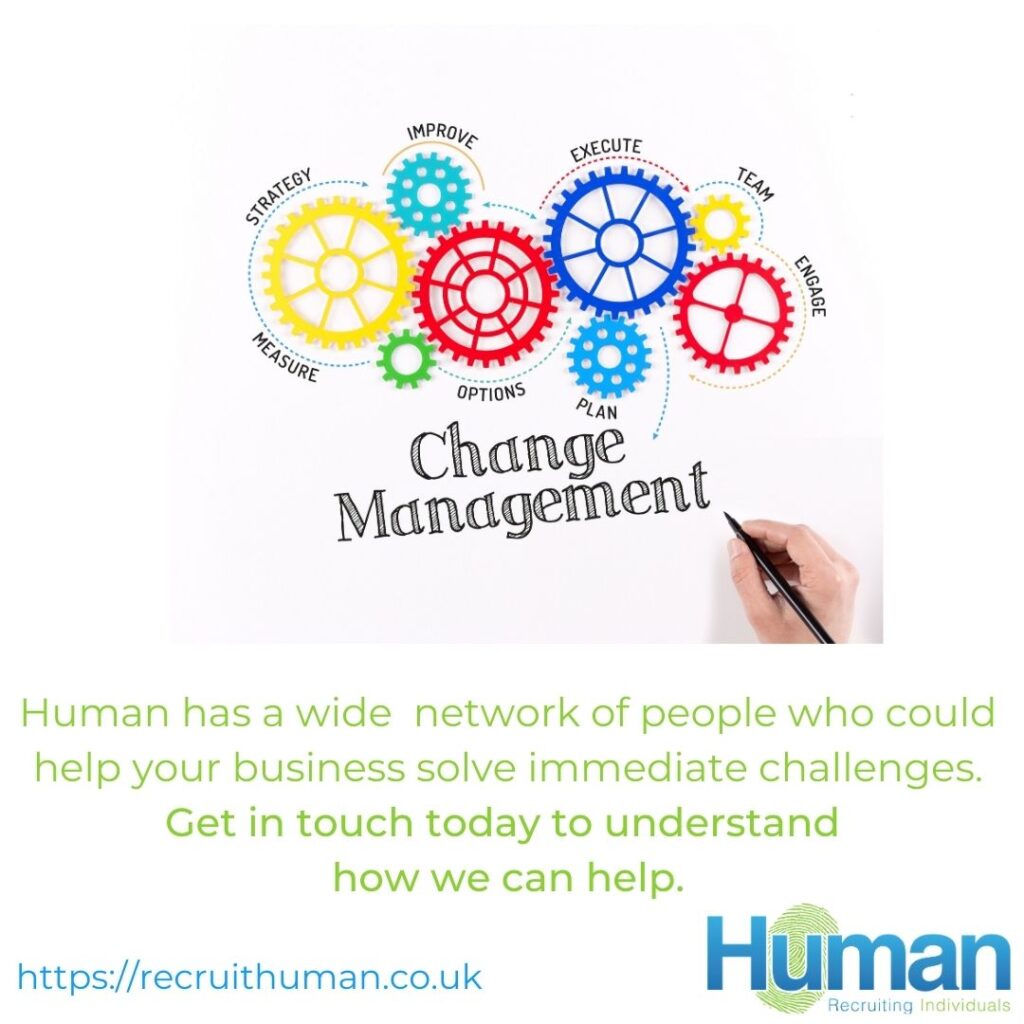‘Don’t allow your past to dictate your future!’ – Interview with Ian Newbury-Milton-Scott
“…[I]f you get offered an opportunity you want but don’t feel totally equipped for, grab it and learn on the job.” – Ian Newbury-Milton-Scott, Principal Executive Officer at Five Rivers, speaks to us about developing a career in HR Leadership. As part of our commitment to supporting candidates to develop fulfilling careers, we’ve invited some HR Leaders to share the secrets of their success. This week, we had a great conversation with Ian Newbury-Milton-Scott at Five Rivers, who began his career in HR as a Personnel Assistant for Sheffield City Council, later progressing to the position of Personnel Officer. From there, he advanced to a Senior personnel position at Rotherham Metropolitan Borough Council. In September 1999, Ian took a job as Principal Personnel Officer at Derbyshire County Council before moving on to act as Group Head of HR & Organisational Development at The Regenda Group, subsequently taking on an interim position as HR & Change Implementation Manager at the Learning & Skills Council. This was followed by another interim role as Chief Adviser for HR & Management at Charter Community Housing. In 2004, Ian became Group Director of Human Resources at the Ruskin Mill Trust Group, later taking on a role as Head of Human Resources for Gloucestershire County and Gloucester City Councils and the Gloucestershire Fire & Rescue Service, including working closely with the NHS on integration. In February 2016, he returned to the Ruskin Mill Trust Group as Director of Change and Transformation, Chief Operating Officer, ahead of assuming his role of Director of People Services. To show the true transitional skills of a HR practitioner, Ian has taken on the role of Principal Executive Officer at Five Rivers which is more involved in business growth and development along with touching on strategic HR. His skills and experience in HR have been paramount in taking on this more organisational operational role. Can you tell us how you got into HR and why? Well, it was really by chance. I initially studied Business Administration at Sheffield College after I left school, and when it came time to look for a job, I noticed that Sheffield City Council had a position open in Personnel. I was intrigued, and did some research on what Personnel was, then decided to give it a go. Shortly after I joined, I was seconded to a local college to help them transfer HR services from the central council over to their own control and ensure all their systems were functional and in place. That was followed by a position at Rotherham Council, and it all grew from there. Each challenge I was presented with was new to me, but I loved it. Can you tell me about the key themes and challenges that you’re seeing across the HR sector? I think the biggest challenge for those in the more senior positions in HR is being able to sit on the decision-making board and actively participate in processes that could result in huge changes for the organisation. Senior HR leaders need to be asking themselves, ‘Although I have a seat at the table, is it just a token gesture?’ Even if it is, they have to do their utmost to ensure they have a voice. I’ve been in that position myself, and though what I have to say might sometimes be controversial, I make sure I’m heard. It’s vital that we gather all necessary information on changes we’d like to make and present it to senior leaders, and if it doesn’t go well, we know how to repackage it and make changes to it to get that across. It’s really important to remember that the only failure comes from not trying. More broadly, I would say that to work effectively in HR, we need to be able to acknowledge and understand the fear factors of the people we work with and what can make that fear of HR creep up in them. I’ve found that asking people how they would like to be interacted with and explaining things can really help to break the barriers down between you the wider workforce, so they see you as a person before they see your role. Something as simple as leaving a text or voicemail if you can’t reach someone over the phone to explain why you’re calling can put them at ease and reassure them that there’s nothing to worry about, even if you’re not sure they’re in that fear realm. That said, as much as we need to relate to people well and approach everyone as being trustworthy until proven otherwise when dealing with situations, we also need to be able to react well in a crisis, take control, and be an effective business partner as our HR colleagues have recently proven. We need to understand that we are recruited by businesses to work within their agenda and embrace the shifting sands of change, and filter that change down through the rest of the company as seamlessly as possible. If you know there’s a strategy out there that will enable you to do that effectively, you need to present it and try and get it signed off on as soon as you can rather than letting it lie. Organisations know where they are and where they want to be, but they need HR business partners to bridge that gap and help them do the difficult bit in the middle of actually implementing change. While those both inside and outside HR need to recognise that we are approachable and there for the wider workforce, they also need to recognise our potential beyond that. It’s very easy to unconsciously pigeon-hole HR as ‘people-oriented people’ and nothing more, when in fact HR forms a part of senior leadership, and contains leaders and managers just as any other sector of an organisation does. HR is about that balance between being able to make strategic decisions when needed, and providing ‘tea and sympathy’ practical support, I think. What career advice would you

